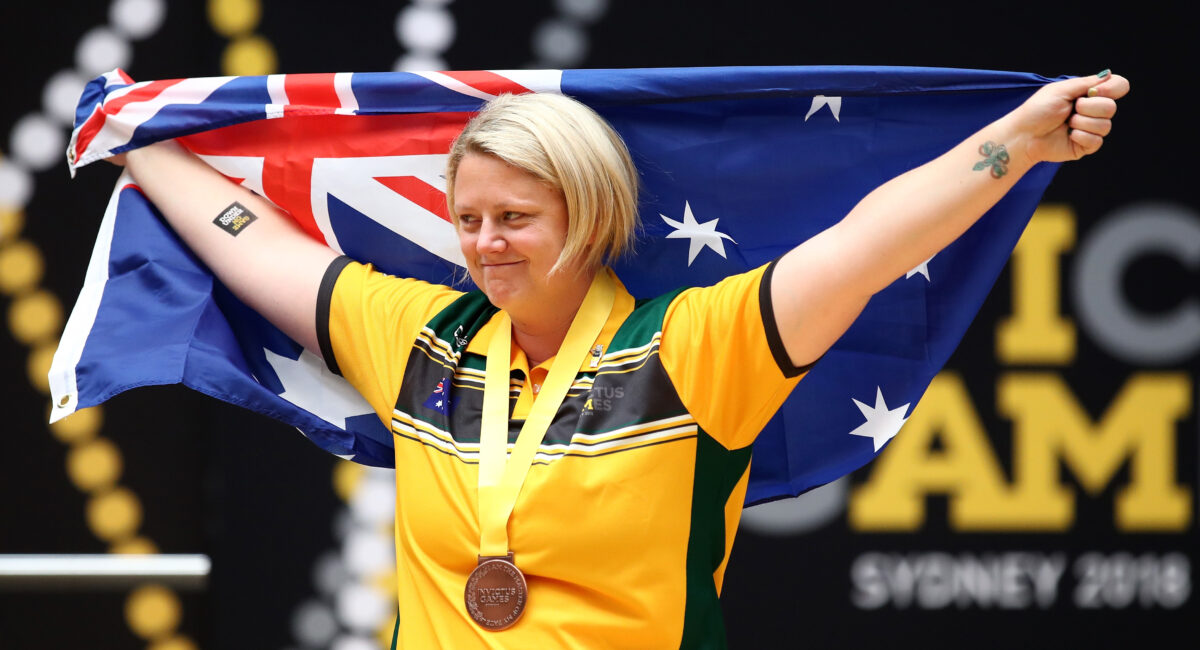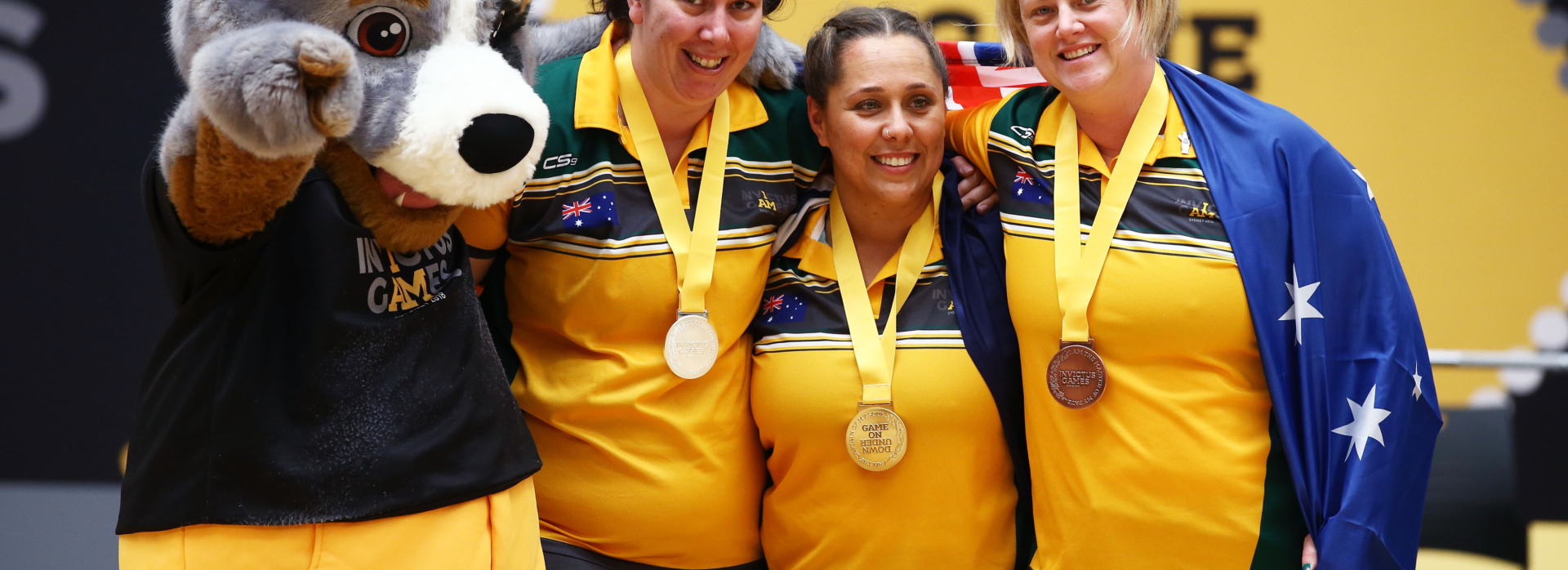Seven years ago, the Invictus Games Sydney 2018 brought together wounded, injured and ill service personnel from around the world. For many participants, the Games sparked new connections, renewed goals and a belief in what was possible beyond military service.
The Beyond the Finish Line report, commissioned by the Invictus Games Foundation and Forces in Mind Trust, mirrored these ideas, finding that taking part in an Invictus Games can spark post-traumatic growth and renewed personal strength. More importantly, the research also showed that lasting benefits occur when veterans continue to engage in sport and community life after the competition.
The development of Invictus Australia reflects these findings. Established after the competition ended, the organisation exists as a legacy of the Games, providing Australian veterans and their families with ongoing opportunities to experience the lasting benefits of sport and community connection.
On the seven year anniversary of these Games, we wanted to celebrate Army veteran Brigid Baker, who is a inspiring example of sports facilitating recovery. Seven years on, she continues to compete internationally and remains closely connected with Invictus Australia through community sport activities, participating in programmes that help veterans and their families stay active and engaged.
Finding purpose again
Brigid served in the Australian Army from 2002 to 2017 as a medic and intelligence officer, including several tours of Afghanistan. After leaving Defence, she was diagnosed with PTSD, anxiety and depression. Adjusting to civilian life proved challenging.
“[In Defence] you become so engrained in your routines and your structures and you’re comfortable in the way things occur around you,” she said. “I became very frustrated with the fact that I was very regimented, everything had timings, everything was planned, and it’s a little more free-flowing in the civilian world.”
In the lead-up to the Invictus Games Sydney 2018, she discovered adaptive sport. She took up powerlifting six months before the Games and went on to represent Team Australia in indoor rowing, powerlifting and track and field, where she led as Athletics Captain.
“Sport has given me an opportunity to effectively restart myself,” she said. “Winning bronze [in Sydney] recognises the work that my family has done in supporting me in this journey and just literally being there. This is for them as much as it is for me.”
A moment that changed everything
Looking back, the Games helped Brigid reconnect with the joy of competition and the support of others.
“It reignited my love for track and field and provided me with the avenues to return to training and competition,” she said. “It also helped me find my voice in advocating for myself in terms of my physical limitations and finding new ways to adapt.”
One memory stands out most vividly:
“Sharing a very special moment with someone who has become my greatest friend and cheerleader (fellow team member Nikki Bradley), winning the discus with my best throw in the final round,” she said.
It was never just about the sport for Brigid. For her, the friendships, camaraderie and encouragement from teammates created a sense of connection that proved vital during her recovery. Many veterans continue to engage in sport long after the Games, drawn by the community, support and shared purpose it provides.
While remaining connected looks different for everyone, for Brigid, this meant travelling the world to take part in sport.
“I have travelled the country and the world competing, coaching and volunteering in the sports that I love, indoor rowing and athletics. I have represented Australia in Hungary, Sweden and The United States, trained and coached in Sri Lanka and Indonesia, and competed, trained, coached and volunteered all over Australia.”
Staying active, staying connected
This year, Brigid was part of Team Veteran at the Australian Masters Games, a connection point created by Invictus Australia to provide veterans and their families the chance to support each other during the Games period. Competing in indoor rowing and athletics, the experience felt familiar, a reminder of the support and camaraderie she first discovered at the Sydney Games.
“Years have passed, as have kilometres and faces, but familiarity remains. The sense of belonging, the support from others, it all elicits those same feelings from the Invictus Games Sydney 2018 and reminds me I'm never truly alone,” she said.
Sport remains central to Brigid’s life, grounding her physically, mentally and socially. “It also gives goals that I can continue to adapt and scale to keep me on track,” she explained.
Through connecting with Team Veteran, adaptive sport and community competitions, veterans can stay active and nurture the friendships and support networks that are so important for long-term wellbeing.
The legacy continues
Brigid’s experience reflects the purpose of Invictus Australia, to carry the spirit of the Invictus Games Sydney 2018 forward. Since then, the organisation has supported five international teams to travel to and compete at Invictus Games and Warrior Games, in partnership with the Australian Defence Force. Together, these teams have included 147 competitors and 224 family and friend supporters.
Beyond international competition, Invictus Australia’s greatest impact is felt within communities. Through partnerships with sporting bodies, ex-service organisations, government, local clubs and the wider community, more than 21,000 veterans and family members have taken part in over 1,300 events across the country, making sport more accessible to defence communities across Australia.

